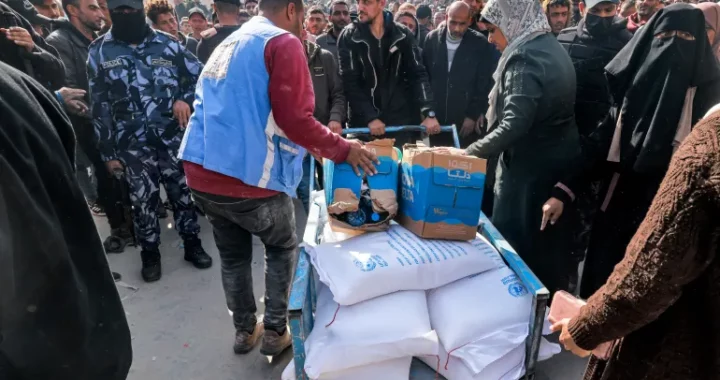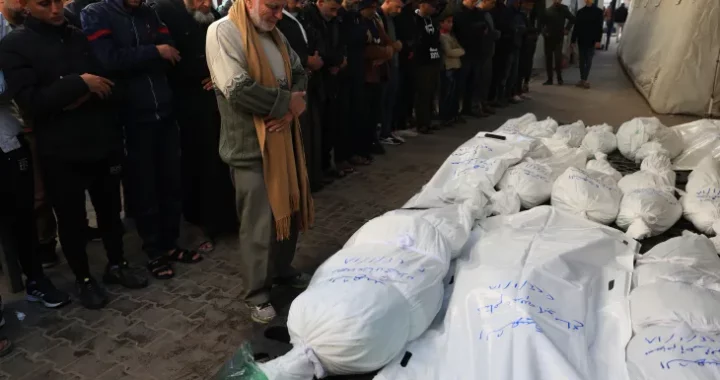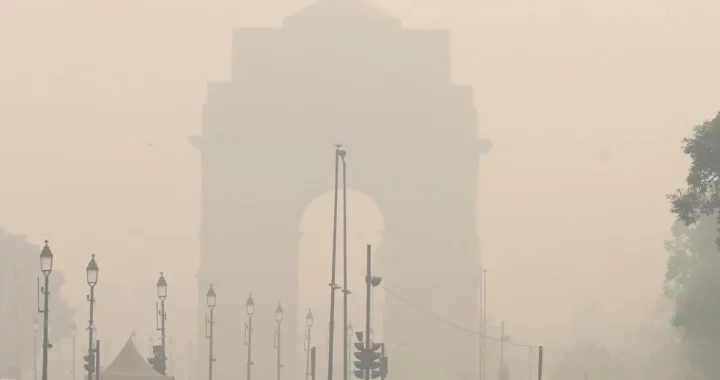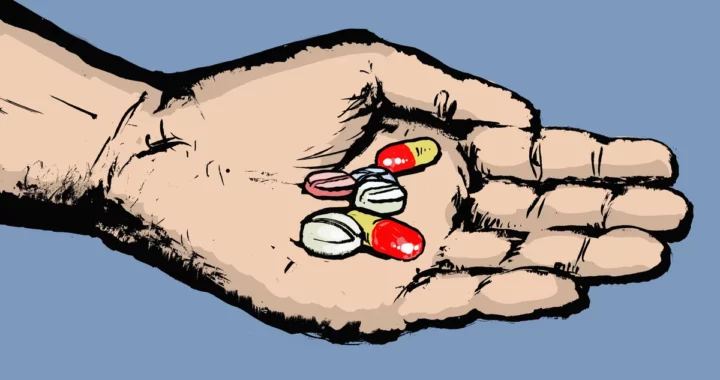
Weekly Recap: Jan 22 to Jan 28
Jan 29: The US pledges millions to West African security, The ICJ warns Israel to refrain from war crimes, Palestinian death toll crosses 26,000.

Jan 29: The US pledges millions to West African security, The ICJ warns Israel to refrain from war crimes, Palestinian death toll crosses 26,000.

Jan 22: US Senate rejects resolution to curb Israel security assistance, Britain approves bill to send refugees to Rwanda, Israel’s Netanyahu opposes establishment of Palestinian sovereignty.

The coup that took the West completely by surprise: with over hundreds of millions of dollars in aid invested and thousands of military personnel from the USA, France and the EU deployed, American diplomats had described Niger as “imperfect”, but “more stable than others in the region”.
Mere hours after that statement, the Nigerien presidential guard would overthrow democratically elected President Mohamed Bazoum. This may just be the coup that tips West Africa into war and cements the Sahel region’s epithet — the ‘Coup Belt’. What does this mean for Niger? How did the West get blindsided? But more importantly, what insights have the coup revealed about the importance of nation-building, and the failure of international relations? The IAS Gazette finds out.

Living in one of the world’s most polluted cities, how do the youth of Delhi fare? Year in and out, Delhi is enveloped in a thick, choking fog. The effects of pollution move beyond respiratory issues to encompass a wide range of physiological and social issues. How aware are we of the impact of pollution on the lives of the young, and what uncharted future are they facing?

The opioid overdose epidemic has had three distinct waves of endemic deaths, with cumulative and long-lasting consequences that have lasted all the way to this very day. With just over 80,411 deaths in 2021 alone, it is certainly not an issue to be trifled with.
But the age-old question returns, what are the exacerbating factors behind this crisis?